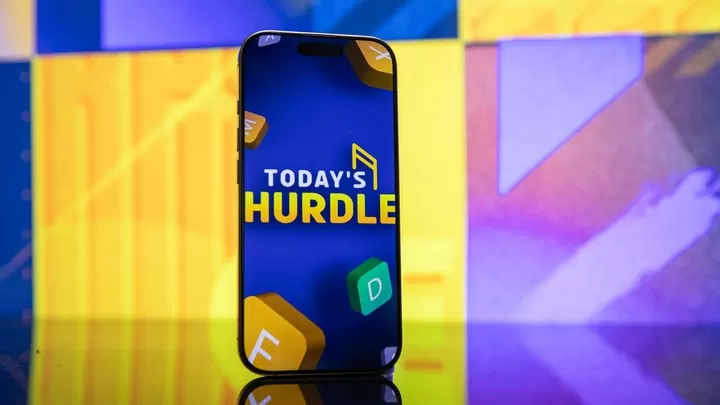The Million-Dollar Question: Should Powerball Winners Remain Anonymous?
- Nishadil
- September 06, 2025
- 0 Comments
- 3 minutes read
- 45 Views
- Save
- Follow Topic

Powerball Winners: The Deep Dive into Anonymity and Why It Matters
Uncover the intricate debate over Powerball winner anonymity, exploring state laws, the importance of privacy for new millionaires, and the societal implications of public disclosure.
Imagine waking up to discover you've won hundreds of millions in the Powerball jackpot. Pure elation, right? But then, a chilling thought: everyone will know. This isn't just a fantasy; it's a very real dilemma facing lottery winners across the United States: the struggle for anonymity versus the public's right to know.
The debate over revealing a lottery winner's identity is a complex tapestry woven with threads of privacy, public interest, and the unique legal landscapes of individual states.
In a society increasingly aware of data privacy and personal security, the idea of suddenly becoming a public figure – and a walking target for solicitations, scams, and even threats – is a daunting prospect for many new millionaires.
While some states mandate public disclosure, citing transparency and the integrity of the lottery system, others offer varying degrees of anonymity.
For instance, states like Delaware, Kansas, Maryland, North Dakota, Ohio, South Carolina, and Texas allow winners to remain completely anonymous. Other states might permit a winner to claim through a trust or limited liability company (LLC), effectively shielding their personal identity from the limelight, or only reveal their city and state of residence rather than their full name.
Proponents of anonymity argue that it protects winners from unwanted attention, fraudulent schemes, and requests for money from long-lost relatives or opportunistic strangers.
It allows them the crucial time and space to organize their newfound wealth, consult financial advisors, and make sound decisions without immense public pressure or fear for their personal safety. Stories abound of lottery winners whose lives were turned upside down, not by their winnings, but by the relentless intrusion and demands that followed public identification.
Conversely, those advocating for mandatory disclosure emphasize transparency and accountability.
They argue that the public has a right to know who is winning these large, state-sponsored jackpots to ensure the legitimacy of the lottery process and prevent corruption. Furthermore, they contend that the public recognition serves as a form of marketing, reminding potential players that real people do win, thereby boosting ticket sales that often fund state programs and initiatives.
The varying state laws highlight the ongoing tension between individual rights and public policy.
As Powerball jackpots continue to climb, reaching sums that redefine 'life-changing,' the conversation around winner anonymity becomes ever more pertinent. It forces us to ask: at what point does the public's right to know overshadow an individual's right to privacy, especially when that privacy is linked to personal safety and financial stability?
Ultimately, for many winners, the initial joy of striking it rich quickly gives way to strategic planning – not just for their finances, but for their very way of life.
Navigating the legalities and ensuring one's future security, all while trying to avoid the overwhelming glare of public scrutiny, becomes an unexpected and often harrowing part of winning the lottery. It's a reminder that sometimes, the biggest prize isn't just the money, but the ability to enjoy it on your own terms, away from the spotlight.
.Disclaimer: This article was generated in part using artificial intelligence and may contain errors or omissions. The content is provided for informational purposes only and does not constitute professional advice. We makes no representations or warranties regarding its accuracy, completeness, or reliability. Readers are advised to verify the information independently before relying on















